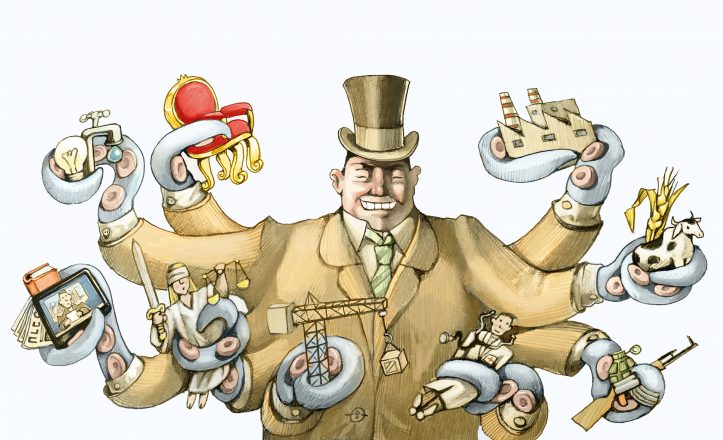What is Capitalism? Capitalism is an economically organized economic system based on the private control of the productive process of production and their distribution for profit. Many classical economic philosophers defined capitalism, such as Adam Smith, Peter parelli, John Locke, and Henry Hazlitt. They distinguished capitalism from other modes of organized society by identifying it with self-interest. Central economic attributes of capitalism include competitive markets, high capital formation, a dynamic price mechanism, private property, and individual property rights, and the realization of monetary investment.
The differences between capitalism and socialism are not only in principle but also in degree. Socialism attempts to control the distribution of wealth by using compulsion or force, whereas capitalism gives freedom to decide how wealth is to be distributed. A major difference between socialism and capitalism is the degree to which wealth is distributed. In socialism, the wealth is generally distributed according to wealth-owning class; whereas in capitalism, it tends to be more equally distributed across the board.

The classical liberal conception of capitalism is associated mainly with laisseurship and enlightenment and is associated with laissez faire, or self-luxury. In contrast, most modern economic thinkers associated with the classical liberal conception of capitalism are associated more with merit-based theories of wealth distribution, including theories of taxation, economic growth, and social responsibility. A more radical view of capitalism is sometimes called “neo-liberalism,” and this tends to stress the extreme individualism of modern economic systems. Neo-liberal thinkers regard capitalism as an essentially political system.
For the most part, in our contemporary society, capitalism is associated with sweatshops, extreme income disparity, and environmentally harmful products, such as automobile exhaust. For many people around the world, capitalism does not offer enough opportunities for their children to receive a meaningful education, to pursue a career that benefits the whole community, or to live in a home with adequate healthcare and retirement security. These are only some of the problems associated with contemporary capitalism.
According to classical liberal thinkers like Machiavelli, the principle of capitalism is freedom: it is the system which enables the individual to seek their own happiness through their own exertion. According to such a perspective, freedom is the basis of human rights and justice, and it is unselfish. It is a system which enable individuals to pursue their own interests, and it is unconnected to others, and to the environment at large.
According to the political systems of various nations, in order for a society to be considered capitalist, there are three criteria that must be met. First, the economy must be primarily productive – that is, there must be enough economic activity to facilitate market exchanges, and to ensure competitiveness in the international markets. Second, freedom – the right to decide freely, and to pursue one’s own interests – must exist. And third, the distribution of wealth must be fairly balanced. (The current distribution of wealth in the US is not considered to be “fairlybalanced”, although this is slowly changing.)
In light of our modern technological age and a rapid growth of the world economy, it appears that in days past, the theory of capitalism was primarily concerned with industrial expansion, with increased production and employment levels, and with providing consumers with goods that were of a higher quality. With these goals in mind, it seemed that capitalism provided a platform upon which greater economic growth could be made. However, with changes in technology, in particular the advent of computers and the internet, the “level playing field” which existed between the rich and poor, as it used to exist in previous generations, is no longer fully realized.
For present purposes, I tend to think of it as a set of philosophies – primarily classical liberal ones – with mixed economies, free-market capitalism, and crony capitalism, under the broad umbrella of liberalism. (Many people in Latin America consider capitalism to be a philosophy and not a political system. In that setting, the word “capitalism” does not carry the political weight that it carries in the West.)